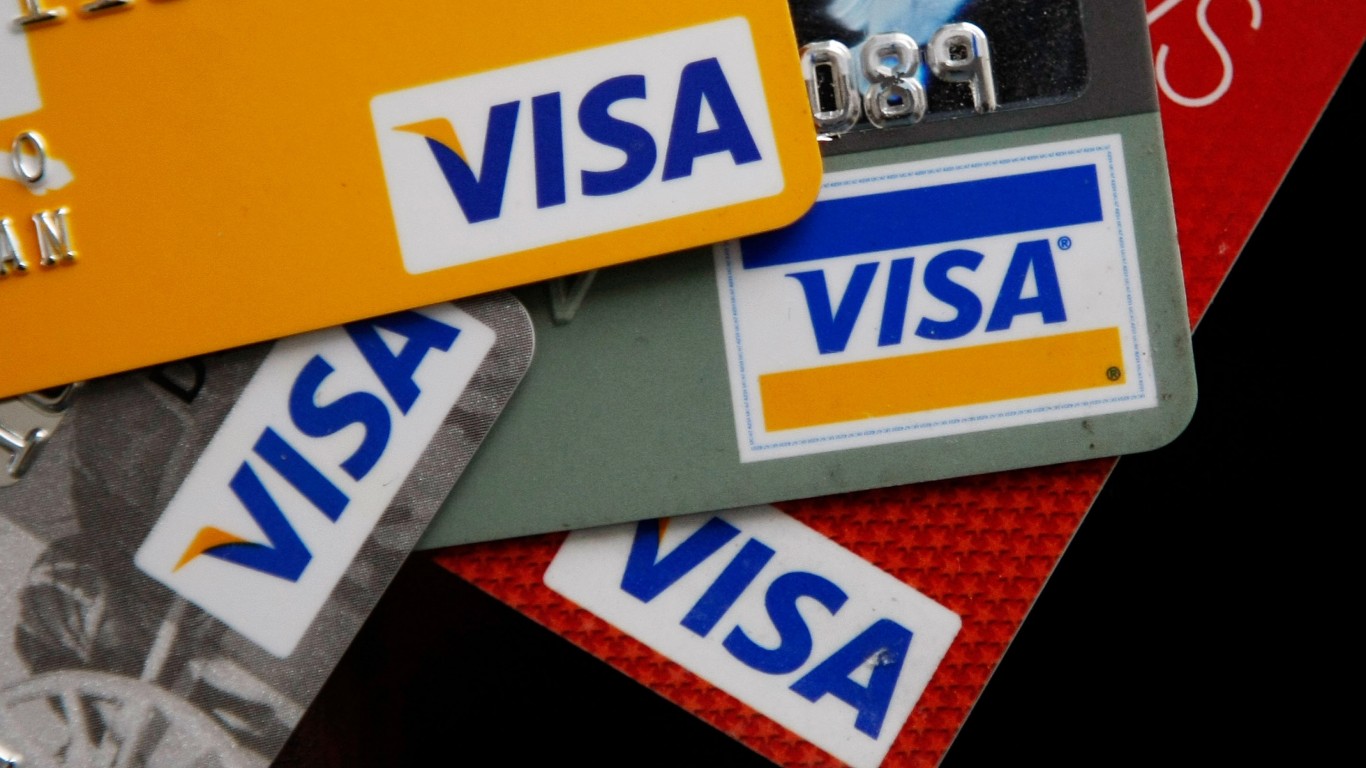Investing
VISA Experiments With Paying Blockchain Gas Fees in Fiat

Published:
Last Updated:

Visa, one of the world’s two largest credit card networks, has been experimenting with a solution that allows users to pay for on-chain gas fees directly with fiat. The protocol was tested on the Ethereum Goerli testnet, the company stated in the press release.
Visa said on Friday it has completed testing a solution that allows users to settle on-chain gas fees directly in fiat using their credit or debit cards. The experiment was carried out on the Ethereum Goerli testnet and utilizes a paymaster contract to sponsor gas costs for customers.
The new solution will enable users to make blockchain transactions without having to fuss over maintaining a balance of Ether to pay gas fees. Instead, the paymaster contract, combined with account abstraction and ERC-4337, could allow users to settle those costs directly with Visa cards.
“Under this scenario, users may no longer need to hold native tokens specific to a blockchain solely for the purpose of paying gas fees. Such a potential solution would leverage Ethereum’s ERC-4337 standard and a paymaster contract, enabling users to use a Visa card to directly pay for gas fees.”
A paymaster contract is a specialized type of smart contract within the blockchain ecosystem developed to help users manage gas fee payments. In addition, Visa said merchants or decentralized applications could run their dedicated paymaster solution.
Visa’s latest experiment comes several months after the payments giant revealed it was exploring a feature that lets users convert digital assets into fiat payments on the Ethereum blockchain. From a broader perspective, Visa has ramped up efforts to expand access to blockchain payments and global settlements involving digital and fiat currencies.
In April, Visa’s head of the crypto division Cuy Sheffield said the company has an “ambitious crypto product roadmap.” Rumors emerged earlier this year that Visa had cooled off on digital assets after the 2022 crypto winter. Still, Sheffield denied the speculations, adding that the company wants to broaden its connections with the nascent industry.
Meanwhile, Visa rival PayPal also forayed into crypto last week, announcing the launch of a stablecoin backed by US dollar deposits and T-bills. The stablecoin, dubbed PayPal USD (PUSD), is issued by blockchain infrastructure firm Paxos.
This article originally appeared on The Tokenist
If you’re one of the over 4 Million Americans set to retire this year, you may want to pay attention.
Finding a financial advisor who puts your interest first can be the difference between a rich retirement and barely getting by, and today it’s easier than ever. SmartAsset’s free tool matches you with up to three fiduciary financial advisors that serve your area in minutes. Each advisor has been carefully vetted, and must act in your best interests. Start your search now.
Don’t waste another minute; get started right here and help your retirement dreams become a retirement reality.
Thank you for reading! Have some feedback for us?
Contact the 24/7 Wall St. editorial team.